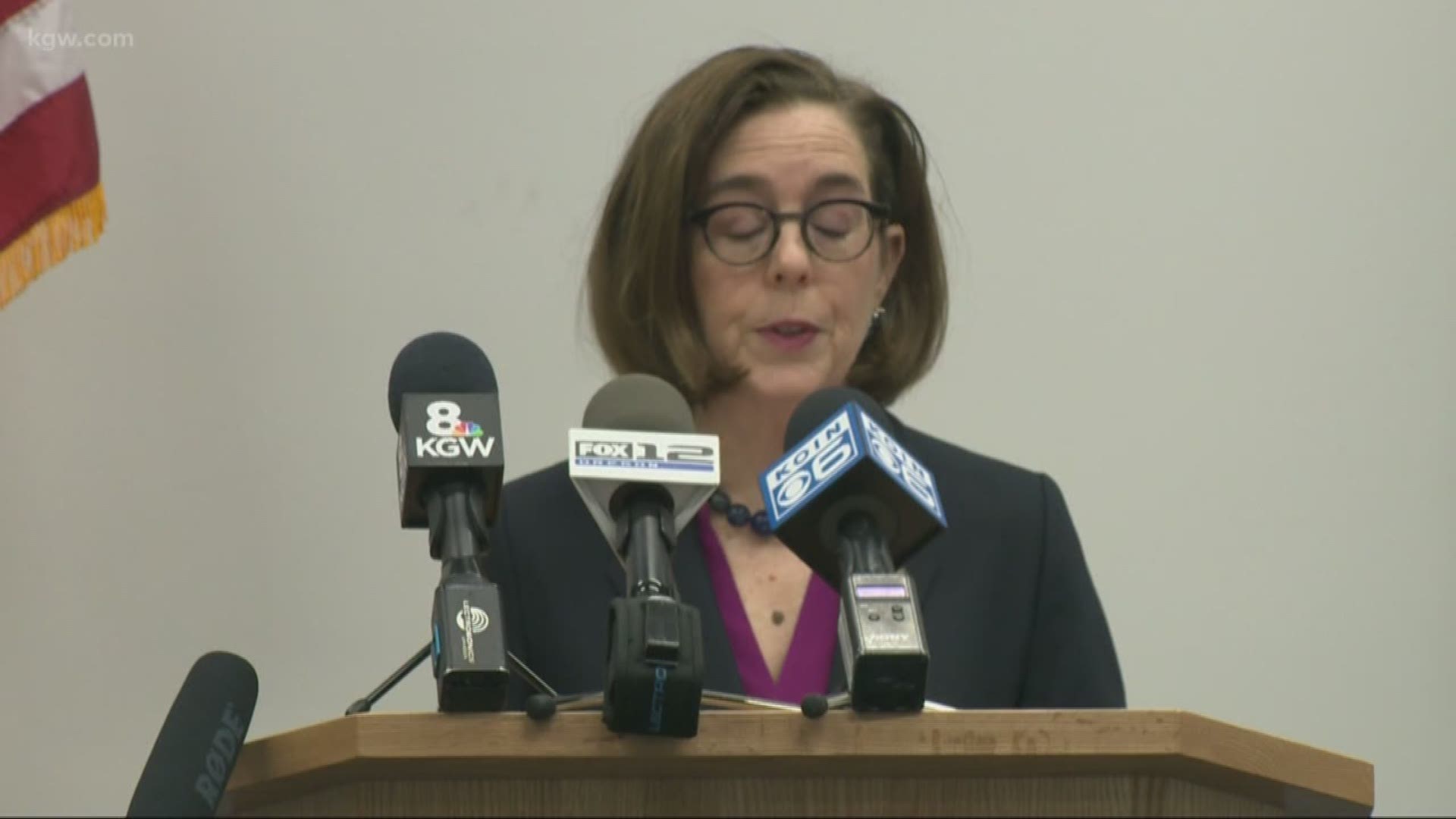Public health experts at the Oregon Health Authority (OHA) and education officials with the Oregon Department of Education and the Higher Education Coordinating Commission issued guidance and best practices from public health experts to schools, colleges and universities concerning COVID-19.
The recommendation from OHA is that schools and universities with no cases of COVID-19 should remain open and consider all alternatives before closing.
Schools provide students with healthcare and food that some students may not receive otherwise. According to the OHA release, more than 22,000 students in Oregon experienced some kind of homelessness in 2019.
They recommend:
- Telling students, parents, and staff to stay home if ill
- Screening students for couch illness at the start of the school day
- Reinforcing of hand washing
- Increasing the frequency of cleaning high-touch surfaces
- Using "social distancing" techniques to keep large numbers of people from interacting, such as staggering lunchtimes and recess times
RELATED: What are coronavirus symptoms? How are they different from the flu? Your questions answered
COVID-19 is not as pervasive in children as it is in the older population. However, on March 8, Hillsboro confirmed its first student case at South Meadows Middle School.
Most people who contract COVID-19 will experience mild symptoms. Health officials ask that if your symptoms are mild and you would not normally seek out medical help to stay home and self-quarantine.
OHA recommends that all people in Oregon take everyday precautions to prevent the spread of many respiratory illnesses, including COVID-19 and influenza:
- Stay home while you are sick
- Never visit a hospital or long-term care facility if you have a fever or cough illness
- Cover your coughs and sneezes with a tissue and then throw the tissue in the trash
- Wash your hands often with soap and water for 20 seconds. If soap and water are not readily available, use an alcohol-based hand sanitizer that contains at least 60% alcohol
- Avoid close contact with people who are sick
- Avoid touching your eyes, nose and mouth with unwashed hands
- Clean and disinfect surfaces that are often touched
- Take care of your health overall. Staying current on your vaccinations, including flu vaccine, eating well and exercising all help your body stay resilient.
- Consult CDC’s travel website for any travel advisories and steps to protect yourself if you plan to travel outside of the US

